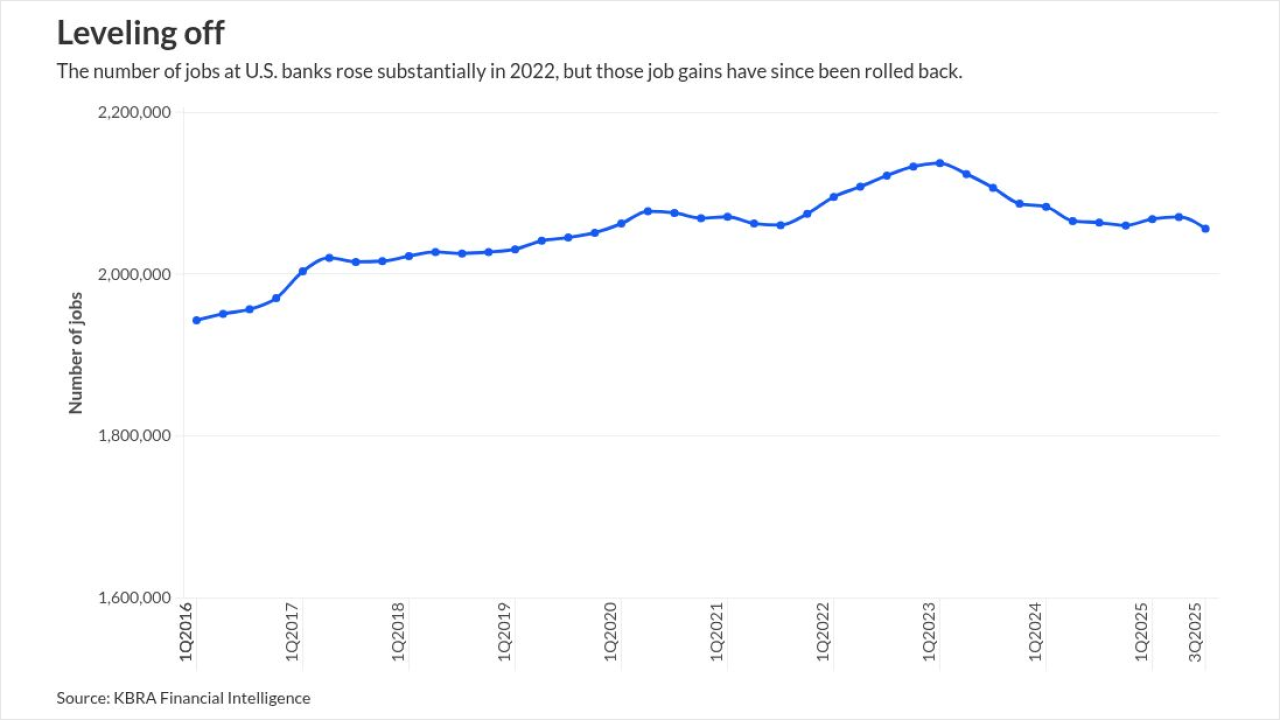The way currencies are traded could be heading for a major shakeup as the most powerful banks in the business conduct secret plans to launch a new banks-only dealing system, several people familiar with the situation said.
Almost all of the 10 biggest banks in the industry are thought to be behind the initiative, but non-disclosure agreements currently prevent them from discussing the matter publicly.
The plans reflect dissatisfaction among some banks about Icap PLC-owned EBS — currently the No. 1 currency dealing system for banks, with a daily average of over $160 billion in flows in November.
Some of the established banks in the industry feel that they have been put at a disadvantage in trading on this key system since fast-acting hedge funds and other nonbank dealing firms were first allowed to use it in 2005.
The plans could easily fall flat; establishing new platforms among competing banks is notoriously tough, and taking on EBS for some flows is an ambitious aim. In addition, Icap still has a chance of working with the banks to create a new system, some people familiar with the situation said. But if that falls through, the banks are set to execute some trades elsewhere.
"It's a case of telling EBS to come up with something for us, or alternatives will happen," said one key banker behind the project, which has a working title of Pure FX.
In an e-mailed statement responding to a query from Dow Jones Newswires, Icap said its EBS platform is the core source of liquidity in the professional global spot foreign-exchange market.
"We are committed to continuously engaging with our large and diverse customer base to ensure understanding of their requirements and to develop solutions that satisfy their needs," the brokerage said.
Sources familiar with the talks said none of the banks involved is understood to be considering leaving EBS, whose prices are viewed as the industry benchmark, particularly in key currencies like the euro, dollar, and yen.
"EBS is a key partner for us," said a senior foreign-exchange banker at one of the firms involved in the new venture. But if the plans go ahead in their current form, which is "very likely" according to one of the key bankers behind the initiative, EBS stands to lose 10% to 15% of its flows.
The current issue comes down to the activities of some nonbank market-makers on EBS, which effectively compete with the banks for volumes in the $1.5 trillion-a-day spot foreign-exchange market.
These firms tend to be nimble and able to pump out and snap up prices at such extreme speed that they can nibble away at banks' large orders and make it difficult for the banks to complete large trades at the price they want.
"We want to create a level playing field where banks can trade with each other," said one of the bankers behind the rival project.
All of the top-10 banks in foreign exchange declined to comment for this story. They include Deutsche Bank AG, Citigroup Inc., and JPMorgan Chase & Co.
John Netto, president of New York-based proprietary trading firm M3 Capital LLC, said the proposal sounded like "a country club" where banks could trade away from upstart electronic firms that have put pressure on profit margins in foreign exchange.
"So that's how you handle competition?" said Netto, who added the end result of the banks' venture would be a more fragmented market for all investors.





